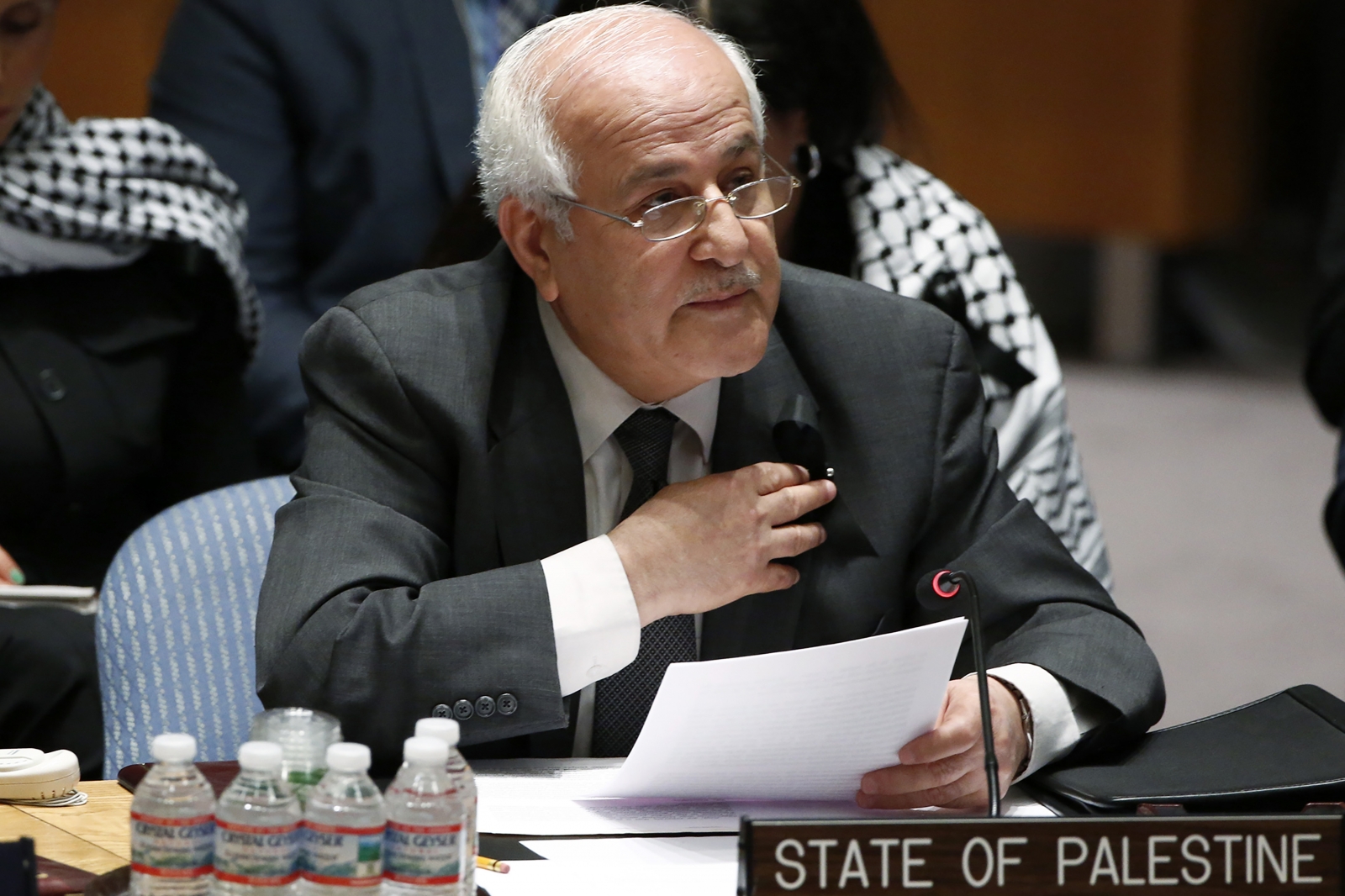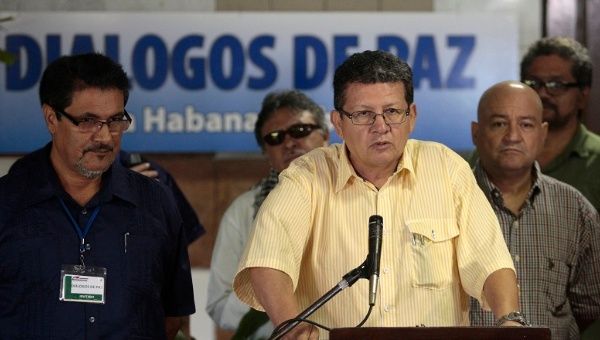By Kathryn Maureen Ryan
Impunity Watch, Managing Editor
DAMASCUS, Syria – According to the Syrian Observatory for Human Rights, a human rights organization based in the United Kingdom, more than 76,000 people were killed in fighting in Syria in 2014, making last year the deadliest year in the country’s four-year-old civil war. More than 200,000 have been killed since the conflict began in 2011. Reportedly, 17,790 of those killed in Syria last year were civilians and 17,000 were fighters from militant groups, including the Islamic State of Iraq and the Levant (ISIS) and al-Nusra Front. Another 15,000 fighters killed in fighting came from moderate rebel groups and other Islamist factions. 22,627 of those killed were Syrian soldiers and fighters loyal to the Assad regime. According to the human rights group, 2,051 of those killed in Syria were civilian children.

The announcement of 2014’s death tolls came shortly after President Assad made a rare appearance on what was said to be the front lines of the conflict for a New Year’s Eve dinner of baked beans, boiled potatoes and tomatoes in an eastern Damascus neighborhood that has seen fierce fighting, according to Syrian state TV. “On New Year’s Eve families gather but you decided to be here to protect your country,” Assad told the troops. “I like to be with you on this occasion.”
the Syrian Observatory for Human also reports that An estimated 10.8 million people are in need inside Syria, Over 10 million displaced by the conflict, 3.2 million refugees in neighboring countries, More than 50% of the country live in extreme poverty, Half of the country’s children are not in school.
In a statement announcing the 2014 death toll, the Syrian Observatory for Human Rights blasted the “silence of the international community” as the fighting has dragged on. Assad, meanwhile, described the rebels as “rats” during his appearance with government troops.
The advance of ISIS militants in Syria played a major role in the increase in violence over the past year. Airstrikes carried out by the United States and other countries in the region also contributed to the deaths. Airstrikes continued on Thursday with 17 ISIS targets hit near the Syrian cities of Raqqa, Kobane and Deir al-Zour and 12 near the Iraqi cities of Falluja, Mosul and Sinjar.
Iraq also reported a sharp rise in deaths over the past year. according to the 15,538 people were killed in 2014 and more than 22,000 were injured during the course of the year making it the deadliest year since 2011. The UK-based NGO Iraq Body Count gave a higher figure of 17,073 civilian deaths. The sharp rise in deaths is mostly related to the advance of ISIS in Northern Iraq. 2014 began with the government losing control of Falluja and parts of Ramadi in western Iraq and in June, an offensive by ISIS left large parts of northern Iraq in militant hands, including the second largest city in Iraq, Mosul.
For more information please see:
The Hill – 2014 proves deadly year for Iraq, Syria – 2 January 2014
BBC News –BBC News – Syria conflict: 76,000 die in deadliest year – activists – 1 January 2014
Time Magazine – More Than 76,000 Killed in Syria in 2014, Making it the Deadliest Year Yet – 1 January 2014
USA Today – Activists: 76,000 killed in Syria conflict in 2014 – 1 January 2014



